As soon as the news broke that Dumezweni will be joining Jamie Parker as Ron and Paul Thornley as Harry, the internet erupted in the questioning of whether Hermione is black. J. K. Rowling saved everyone the trouble of searching for the proof of Hermione's ethnic identity by tweeting Hermione's description as she wrote it:
She is described in The Prisoner of Azkaban as “very brown". Later in the same book she is described as having a “white face" which is generally accepted as representing her fear of getting caught stealing Buckbeak the hippogriff. This, of course, stirred the sceptics because, apparently, it's perfectly reasonable to assume that this is how the writer of the most successful story saga in history felt she needed to clarify her iconic character's identity. In the middle of said saga, indeed.
At the same time, this scepticism cannot be automatically judged as racism. Fan systems develop a ferocious allegiance and a relationship with characters as they know them. If anything threatens to change this, the fans feel cheated, like the things they've grown to love are being wantonly mixed and matched. See this year's controversies surrounding a black James Bond, and a black Stormtrooper. So when we saw Emma Watson play the role and her appear to be white in the original illustrations, she became a white character for a generation.
Even if the ambiguity in Rowling's description of Ms. Granger was not deliberate and that the revelation that her ethnicity is flexible and open to interpretation as the ethnicity and sexual orientation of students and Dumbledore were, that's not to say that taking advantage of it is wrong. It's not news that there's a glaring lack of diversity in the arts and for this influential character to be made black for this reason is something that shouldn't be derided.
Going back to 1997 when Hermione was borne in popular culture, without a terribly clear picture in our minds, readers created her in how they related with her. Many young black and asian people will have identified with brown eyes and frizzy hair so it may have automatically made her in their image. On the other, sadder hand, young people of whatever colour may have never experienced a non-white hero let alone a heroine in culture and so her being white was axiomatic.
To assume either - and assumptions they are - is fine so long as the character still follows the right arc. But to take the power from J. K. and say: “Of course Hermione was black/white" is unreasonable in two different ways. To say she was white without a shadow of a doubt is overly defensive, and perhaps, for some of course, racist. To say she was black is giving Ms. Rowling a bit too much credit. To give her every bit of credit for creating a black, strong, female character is assuming, yet again, that the exalted Queen Rowling can do no wrong for having done nothing at all. Not making a decision is not the same as making a good decision just because you managed not to make an obvious one.
Normalisation of diversity comes with not celebrating every single outing a person of colour makes. However, this case is worth column inches only because it diverts from the norm we've come to know and that it might hurt our childhoods - not because the change is right or wrong. She's given us this much, allow J. K. creative licence over her own creation, for goodness' sake.
Image courtesy of The Guardian/PA/Handout



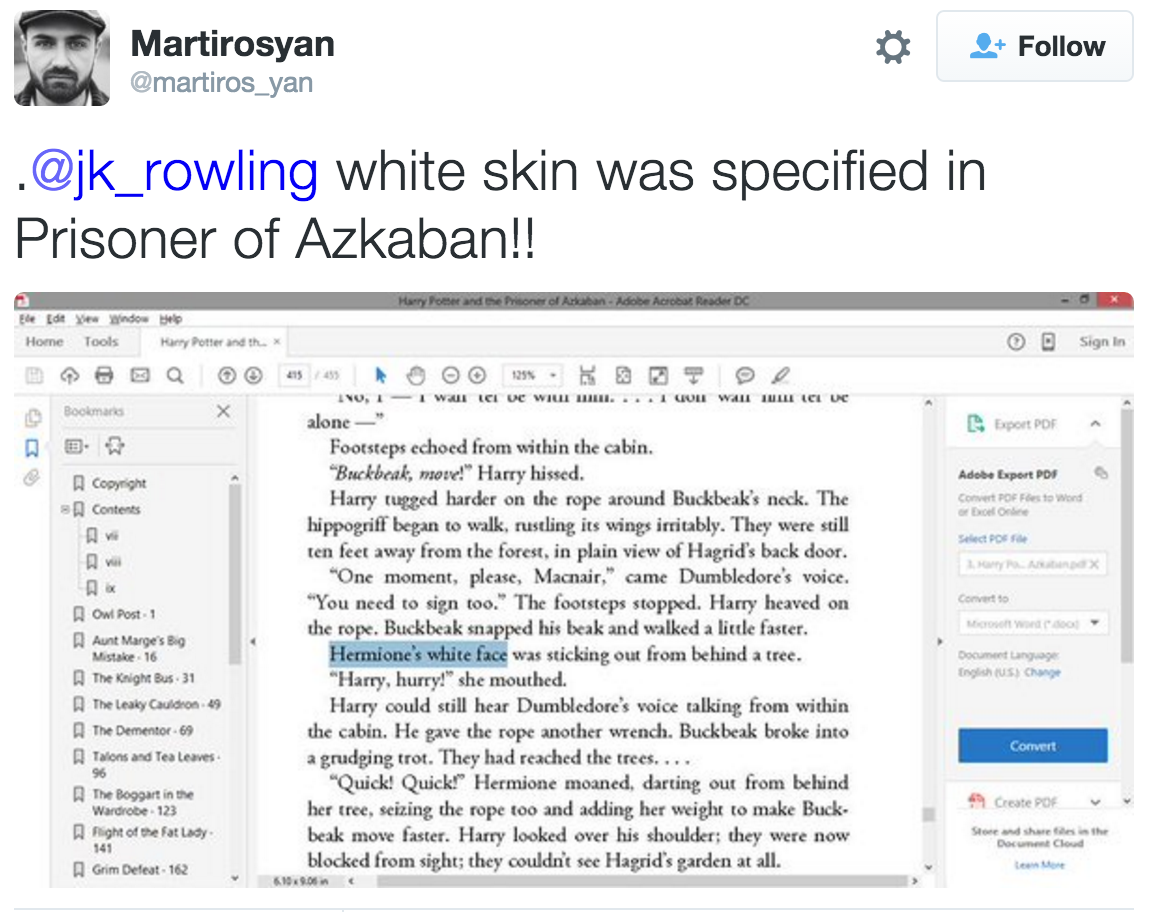

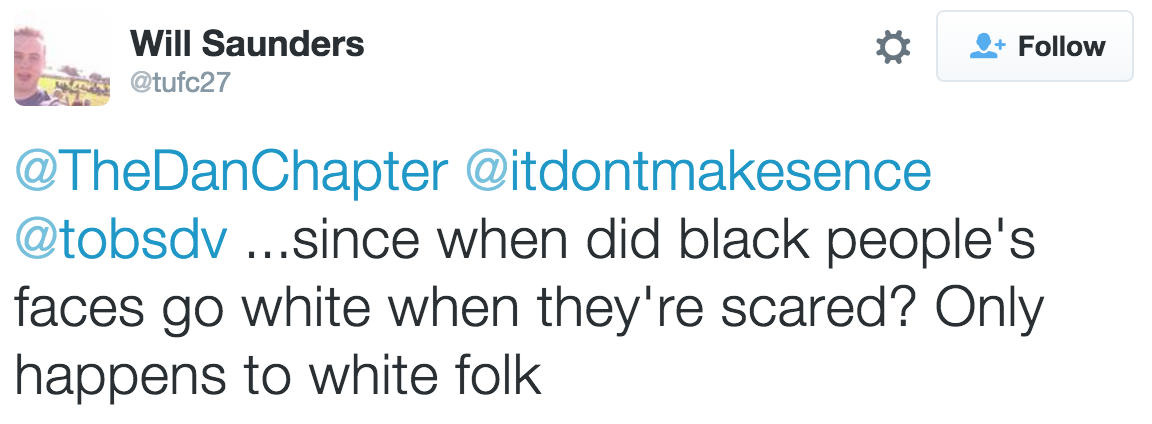
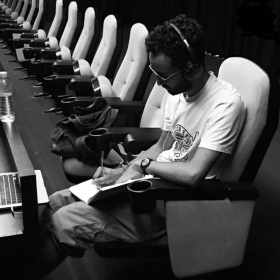

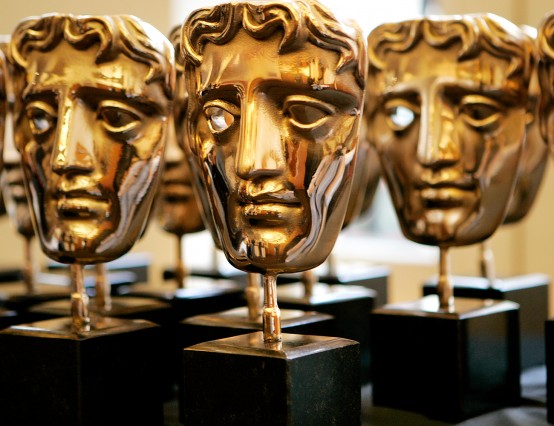
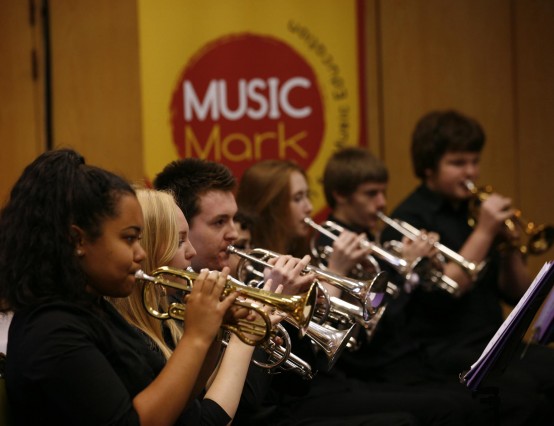


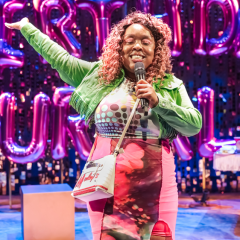
0 Comments